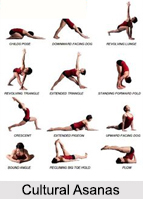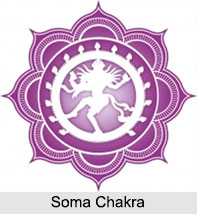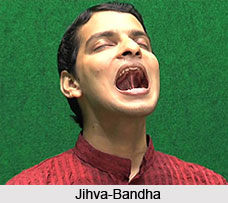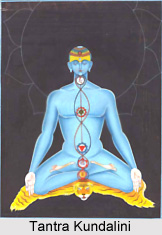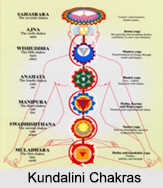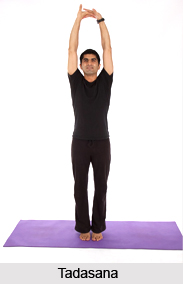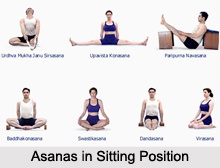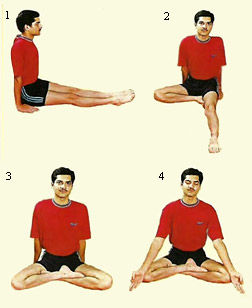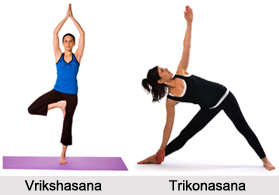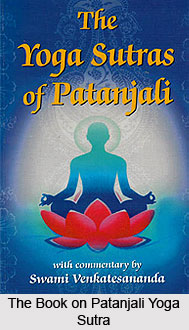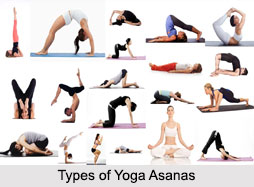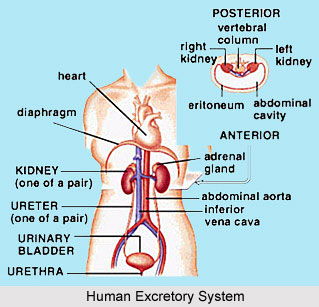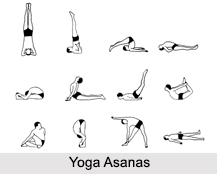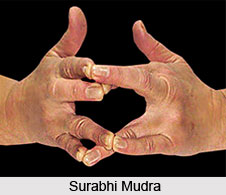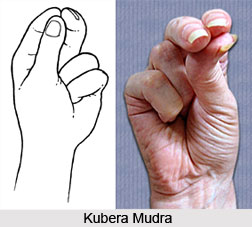klesa karma vipaka asayaih aparamrstah purusavisesah Isvarah signifies that the Almighty, is the Supreme Being, the Eternal Soul, who is forever liberated from all materialistic senses, sufferings, delights and the feel of arrogance. He stays impassionate in every achievement and faltering. But, humans are bound by worldly constraints. They thus they need to get out from the shackles of pain and pleasure, and whenever they find such a Supreme Being, he or she is bound to be inspired by Him to achieve sublime godliness.
Klesa affliction, pain, distress, pain from disease
Karrna act, action, performance
Vipaka ripe, mature, result
Asayaih seat, abode, reservoir
Aparamrstah untouched, unaffected, in no way connected
Purusavisesah a special person, a distinct purusa, or being
Isvarah God
God is the Supreme Being, totally liberated from conflicts, unaffected by actions and untouched by cause and effect.
God is an exceptional, unequalled Entity (purusa), who is eternally free from afflictions and unmoved by actions and their reactions, or by their residual.
Isvara is the Supreme Soul, the Lord of all and master of everything. He is unswayed by klesas (afflictions), insensible to the fruits of actions, abiding undisturbed in His own Being. He is everlastingly free and always supreme.
Human beings experience twinge before attaining emancipation, but God is always unmoved by pain and pleasure, sorrow and joy, melancholy and elation. God is ever free, but man has to wash off all his subliminal impressions before actualising freedom.
There is a disparity between purusa (individual soul) and purusa visesa (Universal Soul). As God is discretely dissimilar from the individual soul, He is called Isvara.

